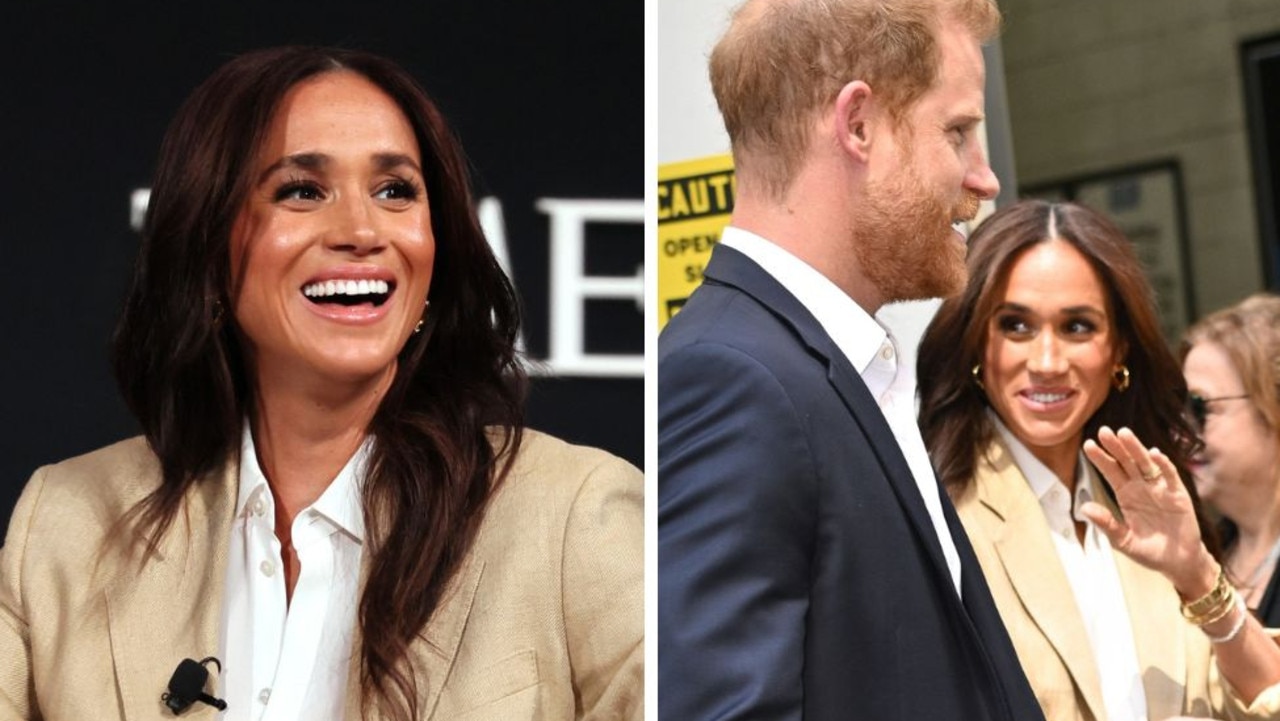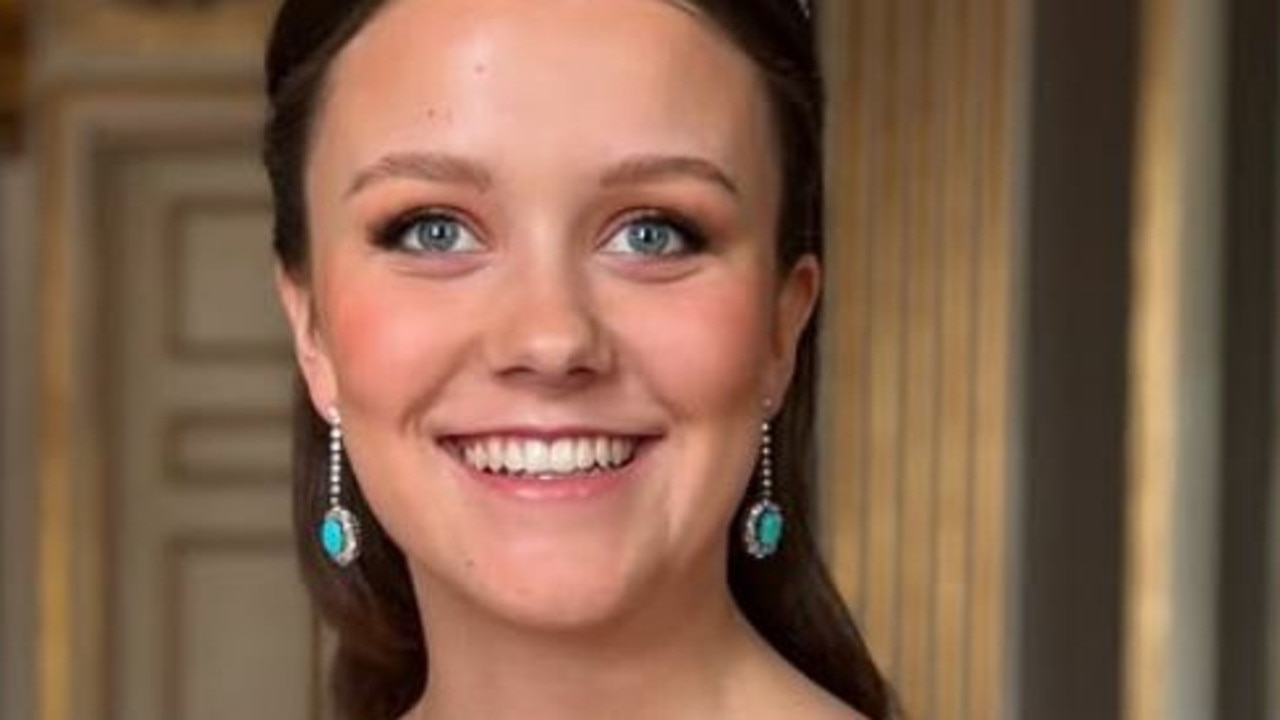Why none of the British royals want to be king or queen
BEING Head of the Commonwealth comes with some obvious perks including a sweet crown, but the day-to-day reality isn’t so appealing.
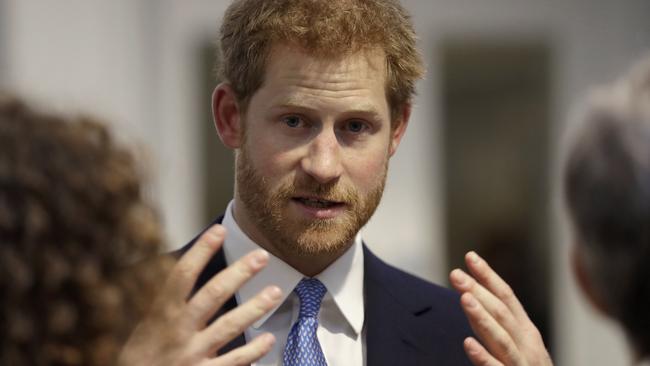
Royals
Don't miss out on the headlines from Royals. Followed categories will be added to My News.
IT’S an admission you would never expect to hear from a prince.
While us commoners spent our childhoods dreaming of being princesses and princes — and the following years plotting how we could jag a royal date and somehow marry our way to the throne — apparently those in line are dreading the day they’ll be promoted.
WHY PRINCESS CHARLOTTE'S KIDS WON'T GET ROYAL TITLES
Prince Harry revealed the royal secret in a candid interview with a US magazine that has left royal watchers confused.
The 32-year-old made the surprise statement while discussing the duties of young royals and the monarchy’s public image, which the popular Prince has played a key role in rehabilitating.
“We are involved in modernising the British Monarchy. We are not doing this for ourselves, but for the greater good of the people,” he told Newsweek.
“Is there any one of the royal family who wants to be king or queen? I don’t think so, but we’ll carry out our duties at the right time.”

What? No, no, no. We’ve all seen The Lion King — we know how this is supposed to work. A Prince waits eagerly to become king. He just can’t wait.
But even from his relatively lowly ranking of fifth in line to the throne, apparently Harry, and those ahead of him, have no desire to take the crown.
Prince Harry has dropped hints around this in the past. He’s said to hate the spotlight, complained about the burden of media interest and security requirements, and was even reportedly happy to be booted down the line of succession when his nephew Prince George came along.
He takes to his chosen charitable causes with enthusiasm, but shies away when he has to get suited up and act princely at official royal engagements like last week’s Trooping the Colour.
Harry spent his 20s trying to live a normal life and has even identified his dream job, which couldn’t be further from the head of state.
“I don’t know how well this would get on, but I’d probably live in Africa. I’d like to spend all my time out there. as a job it would probably be a safari guide,” he said in a 2007 interview.
In more recent TV interview he said: “There’s a lot of times that both myself and my brother wish, obviously, that we were just completely normal.”
While Harry has grown to embrace his royal role as a modern prince, when you look at the job description for king, it’s not surprising he, or his more senior relatives, aren’t more keen to step up.
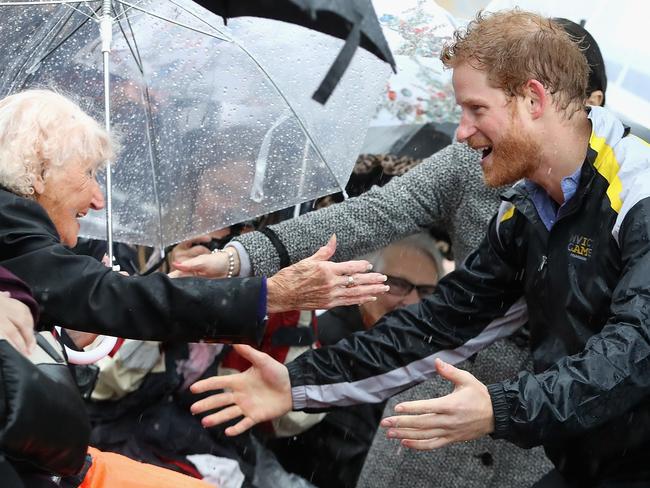
Being a monarch is a regimented, relentless, repetitive and objectively boring gig.
The travel opportunities are great and of course there are other perks — staff, meals, excellent schmoozing opportunities — but the day-to-day could quickly get mundane.
Queen Elizabeth II was thrust onto the throne at the tender age of 25, and for the past 65 years, the majority of her days have gone pretty much like this:
— Read the newspapers before settling down to hundreds of letters from the general public.
— Reply to as many of those letters as she chooses, farm out the other to staff with advice on how to response.
— Meet with private secretaries to go over official documents and personally sign all those that come from government ministers from Commonwealth countries.
— Hold a series of meetings, usually about 20 minutes each, with those who have been granted an audience. One of these each week, usually on a Wednesday, will be the UK Prime Minister.
— Lunch at home, usually privately but occasionally a group of guests will be invited to the Palace to join.
— Duck out to a public engagement — the monarch carries out more than 400 of these each year, which could include ribbon-cutting, hand-shaking, a hospital visit, being guided through some new facility or meeting people of varying importance.
— Meeting with staff or ministers.
— Round off the day by reading a daily report of parliamentary proceedings. Every. Night.
— Occasionally attend an evening function linked to one of the hundreds of organisation to which Her Majesty is patron, or host a reception at Buckingham Palace.
— And a quick scribble in the diary before bed. The Queen has kept a diary since her reign began, in which each night she presumably write down a slightly different version of events to the day before.
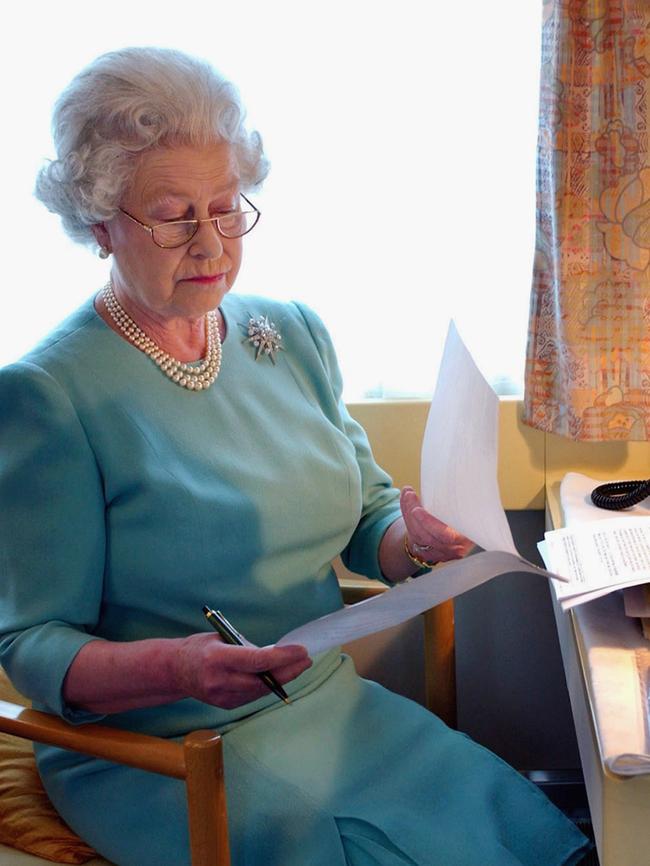
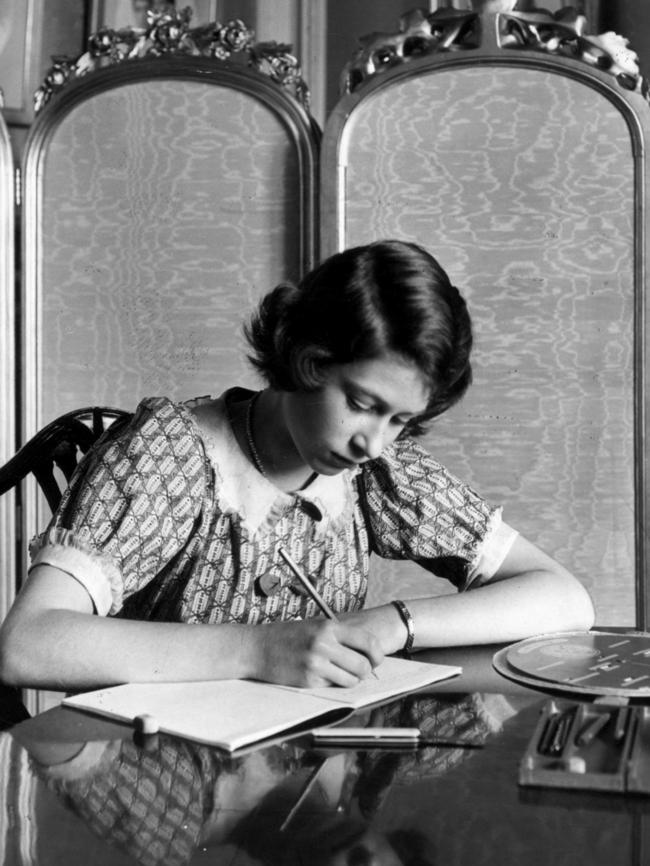
When the Queen is abroad or holidaying at her summer home in Balmoral or her winter residence in Sandringham the days events will vary, but the general routine remains the same. Reviewing daily correspondence and parliamentary proceedings are not negotiable.
Future monarchs will unlikely be able to shirk these duties, but just as the younger royals managed to boost the relevance of the royal family, it’s likely the next couple of kings (and later, queens) will be able to put their own stamp on the role.
There have been questions raised about how Prince Charles will take to the top royal role once his mother vacates the throne. As an environmental activist and agriculture lobbyist, the next head of the Commonwealth has been known to push the limits of his position and has in the past appeared to try and wield his influence over government — something a constitutional monarch should traditionally stay well out of.
The younger royals, Prince William — who is set to succeed his father on the throne — his wife Kate and brother Harry, have embraced their royal role by realising the reach they can lend to charities in the areas they have taken an interest in.

Their recent dive into mental health has already resounded worldwide, and William’s devotion to conservation, along with Harry’s help for wounded servicemen could be a clue to a more charitable and philanthropic modern monarchy.
Once one of the princes steps up to the throne — Charles is first in line, then William, George, Charlotte nd finally Harry — it’s expected they’ll have to step back from some of the more involved duties they’ve taken on in their chosen areas. This could understandably form part of the reluctance Harry seemed to be referring to around becoming king.
So would monarchists be disappointed with a reluctant royal in the throne?
According to the Australian Monarchists League, absolutely not.
Spokesman Matthew Sait told news.com.au he didn’t believe there was reluctance in the royal family, but rather a recognition of the enormous task and responsibility that taking on the crown involved.
“Anyone who knows anything about the tremendous amount of work that the royal family does would know they’re not doing it for their own purposes, they’re doing it out of a sense of duty and devotion to Australia, to Britain, and the Commonwealth,” spokesman Matthew Sait told news.com.au. “It’s a role of duty and of service, it’s not a role of self indulgence, so if you were in it just for yourself you’d never take the role on.”
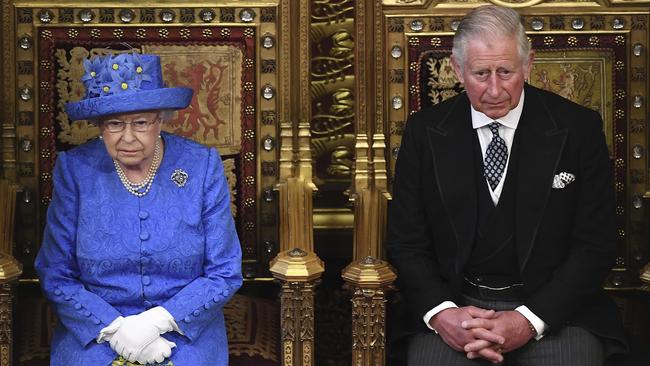
Originally published as Why none of the British royals want to be king or queen


